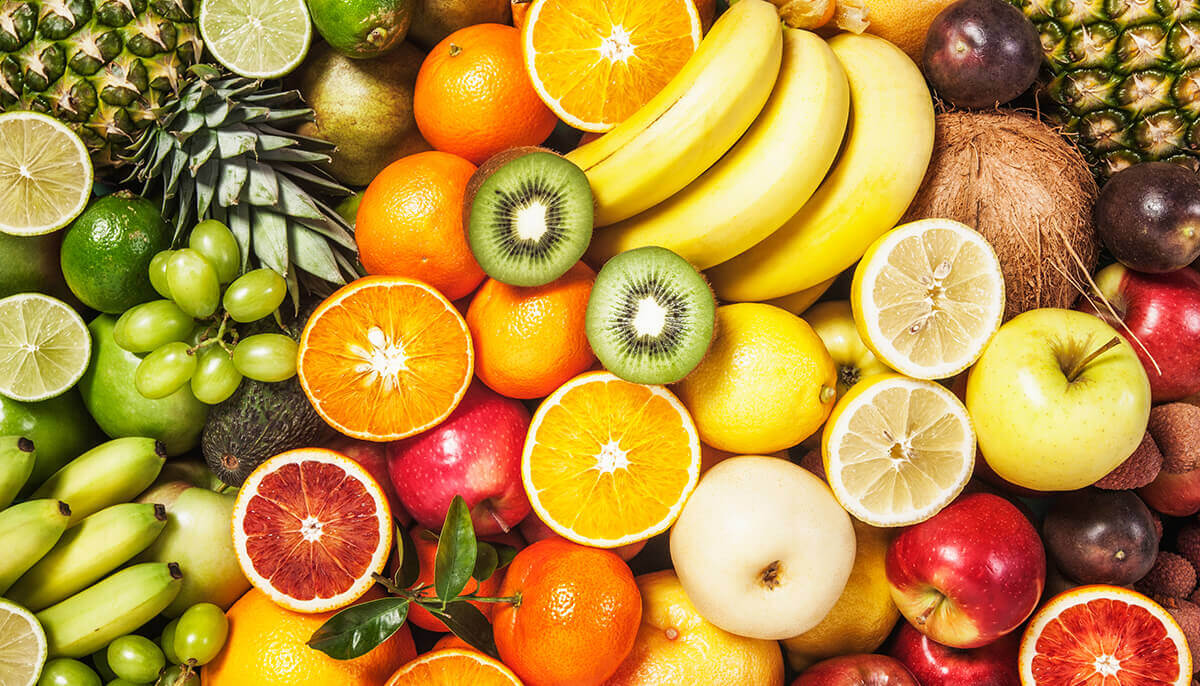Saturday, March 6, 2021
Can thyroid problems cause gray hair?
Thursday, February 4, 2021
Is hypothyroidism hereditary?
Q: I am 32 years old and I have a family history of hypothyroidism. Is hypothyroidism hereditary?
A: Hypothyroidism is a condition in which the thyroid gland is underperforming. Fuel processing in the body is affected by this condition and energy levels decline. Patients may gain weight, become constipated and feel cold and depressed. Causes of hypothyroidism involve damage to the thyroid either through an antibody reaction triggered in the body or after physical injury such as surgery. Antibody reactions to the thyroid are frequently seen in family members, but simply having relatives suffering from hypothyroidism does not guarantee that one's thyroid will malfunction. Usually a triggering event such as stress awakens the innate tendency one may have to form antibodies against their own thyroid. Women are more likely to develop hypothyroidism under these circumstances.
Food and nausea?
I am not pregnant (actually started my period yesterday morning) and I have Type 1 diabetes.
Female | 23 years old
Complaint duration: Months
Medications: Novolog/ Lantus
Conditions: Diabetes
A: Do your symptoms of nausea apply to raw foods (salads), snacks, fruit, prepared meals as well? You have a good appetite but exposure to the cooking process appears to trigger an unpleasant smell experience. Changes in taste and smell are not usually attributable to diabetes mellitus. They have been described in patients with brain injury and infection, such as Covid-19. Since this problem is a recent development, I would advise that you have a thorough medical check up.
Saturday, January 16, 2021
Type 1 diabetic for life not needing insulin anymore?
| I have a friend that has been a type 1 diabetic since age 7 and they are 61 now. They wanted to lose weight and started taking HCG. After a few weeks to a month, their BS levels have slowly decreased until they don't need insulin anymore. As long as they do a small amount of HCG every few days, their BS levels stay in the normal range. Are there any hidden dangers of coming off of the insulin that we should know about? |
In type 1 diabetes individuals rely on insulin delivery, usually by injection, to lead a normal and productive life. This condition can only be reversed through the transplantation of pancreatic tissue to secure insulin production. hCG is a hormone that supports the development of eggs and ovulation in the female's ovary. Its use in the prevention or treatment of diabetes is considered investigational. It cannot replace insulin, but it may have a role in improving sensitivity of tissues to insulin. This could benefit patients with type 2 diabetes who are resistant to the insulin they produce.
Discontinuing insulin in any circumstance should be considered carefully with glucose monitoring and under medical supervision. In the present classification of diabetes, individuals who no longer require insulin treatment to maintain blood glucose control cannot be considered type 1.
What fruits should diabetics avoid?
I am a 40 year old female and I was diagnosed with diabetes. I want to change my diet to hopefully reverse this. What fruits should diabetics avoid?
Fruits are valuable sources of vitamins, minerals and fiber. They contain water important for our hydration and they are naturally flavored with fructose and glucose. Sweetness differs among fruits. Tropical fruits and figs are high on the list of sugar content. Independent of our choice of fruit, fruit should not exceed one cup (serving) at the meal. It should always be part of a mixed meal with proportions of other nutrients i.e. protein, vegetables, starch on the plate as featured in my book: A Blueprint for Healthy Eating: Your Diet Guide for the New Millennium. A mixed meal ensures a smooth glucose response with or without medication.




